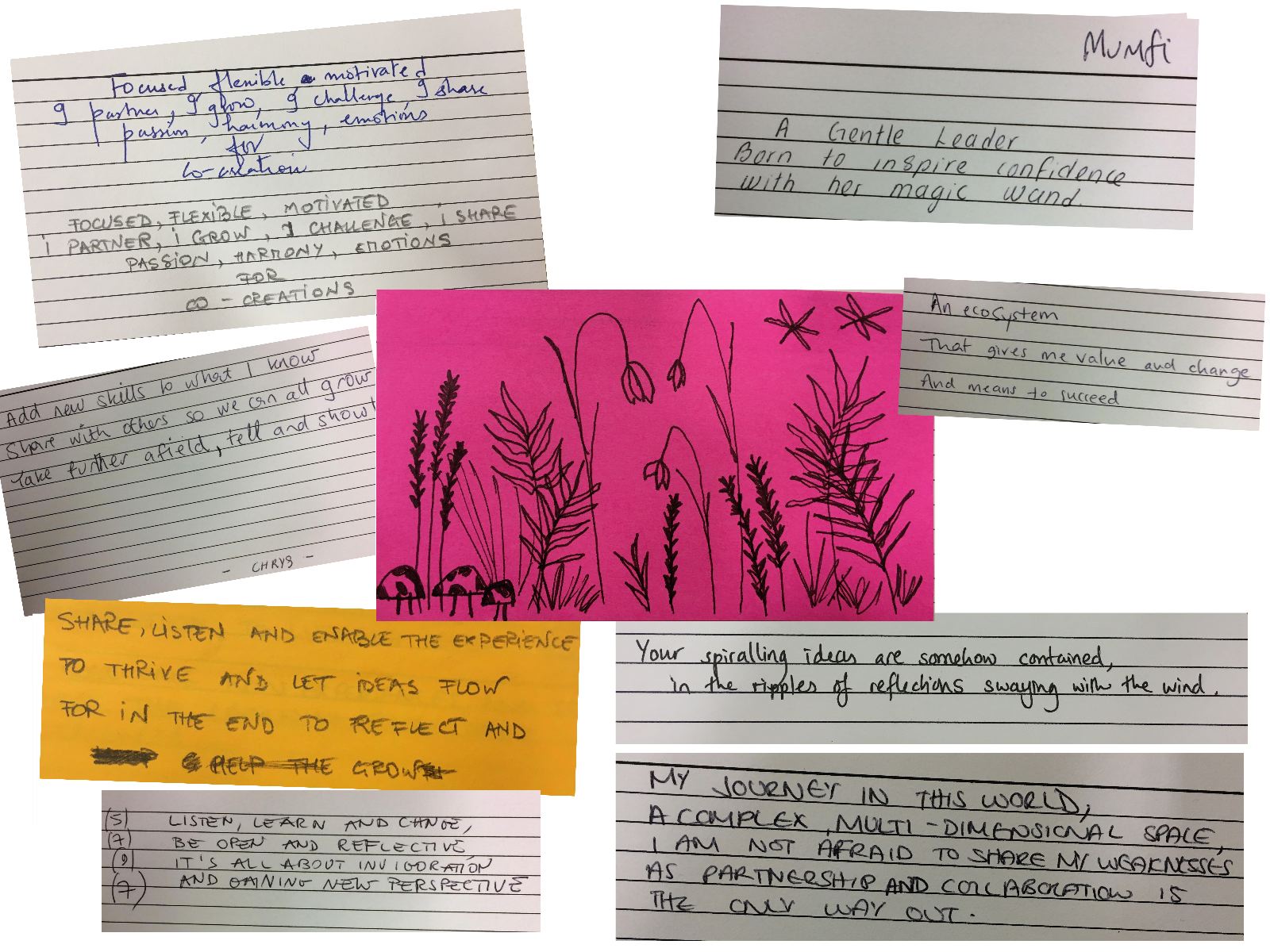In the long history of humankind (and animal kind, too) those who learned to collaborate and improvise most effectively have prevailed – Anonymous
The increasing espousal of Collaboration is not out of an ethical consideration neither it is being encouraged because it is a new fad which has caught society’s attention. It is important simply because there is no other way and history tells us there has never been. We can either collaborate or perish. It is a survival strategy especially sustainable survival. Why do I say that? Do I sound crudely pragmatic? However much I would like to romance with the nobility of the idea of collaboration (which I confess I do romance with) the urgency necessitates an imperative for partnerships on us including partnership between students and teachers to find solutions to the most pressing issues of our times.
Most challenges staring humankind in the face today can only have solutions if we partner. For example, climate change. Can any solution to climate change be envisaged without coaction? How should this exigency for collaboration translate and contribute to the process of creating, synthesising and imparting knowledge to achieve a greater sense of wellbeing? Educational institutions as places where future leaders are trained need to practice collaboration more than any other institution not only to harvest its fruits but also to demonstrate the immense possibilities collaboration beholds for making our lives richer.
The workshop on engaging students in the role of partners and co-creators as a foundation of learning, held at University of Westminster under the aegis of Westminster Centre for Teaching Innovation was one such occasion where practicing academics were invited to walk the path of co-creation with students. Dr. Lucy Mercer-Mapstone, the conductor of the workshop from the University of Edinburgh, creatively stimulated our “set” minds towards minds having diverse packets of “sets of ideas” jumping from one brain to the other, interacting like subatomic particles do – exchanging their positions in harmony to create this infinite and magnificent cosmos.
Living true to the theme of partnership, the workshop instead of being instructive invited the participants to reflect on their teaching-learning practices. It motivated us to partake in developing the tradition of student-teacher coalition and why it should be foundational to our teaching methods. Through a series of creative activities it demonstrated how collaboration is always pregnant with wonders.
For example, in one of the activities we were motivated to jot down words that crossed our mind when we think of partnership. In a matter of few minutes our tables and walls were bejewelled with beautiful words, jumping in colourful sticky notes. Looking at these words was like gazing at scintillating stars sticking on the sky teeming with possibilities. More importantly, besides some common words between the participants, each one of us offered words which were unique to our understanding of partnership. The discussion that ensued made us realise how all of us have something distinct to contribute to the repository of ideas around collaboration. This finding is of immense value. It challenges the traditional power structures and hierarchies. It democratises learning by rendering agency to all stakeholders in knowledge creation and dissemination. It humanises education by infusing much desired autonomy and sense of belonging. It makes demands on our emotional intelligence sumptuously rewarding us in the process.
The workshop was a window for me to peep into the wonderland of partnership. The views were enticing. Now I want to have an eyeful. How to enter it? Who will be welcomed? I guess anyone who uses the key of listening and sharing.
Anyone, who wants to co-liberate with me on this journey?
By Geetanjali Kala
- Partnership mindset outside the student partnership projects and into other aspects of daily life - February 27, 2019
- Co-liberation, anyone? - February 27, 2019
- Student Engagement: Evolution and Future - July 31, 2018

Leave A Comment